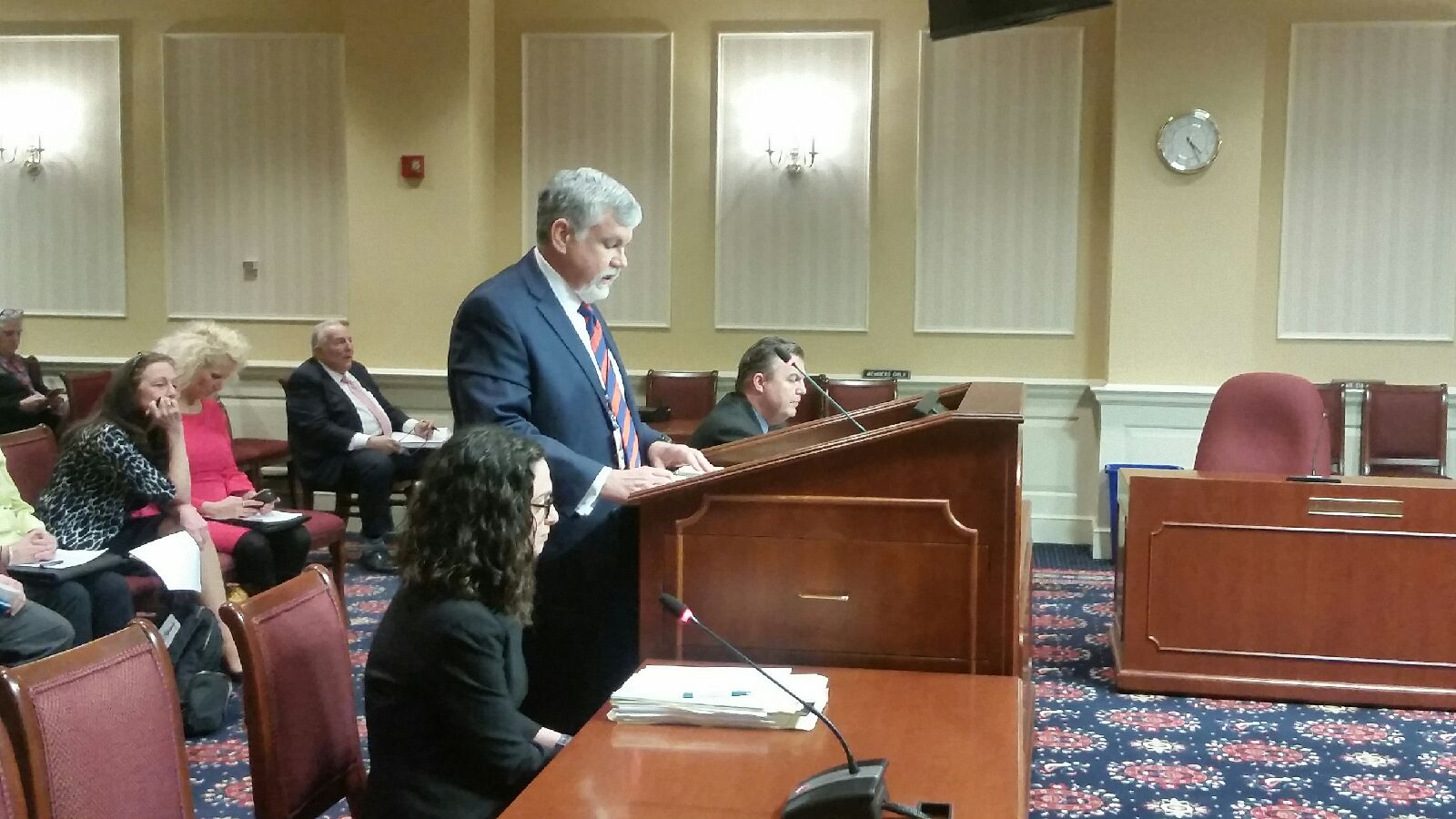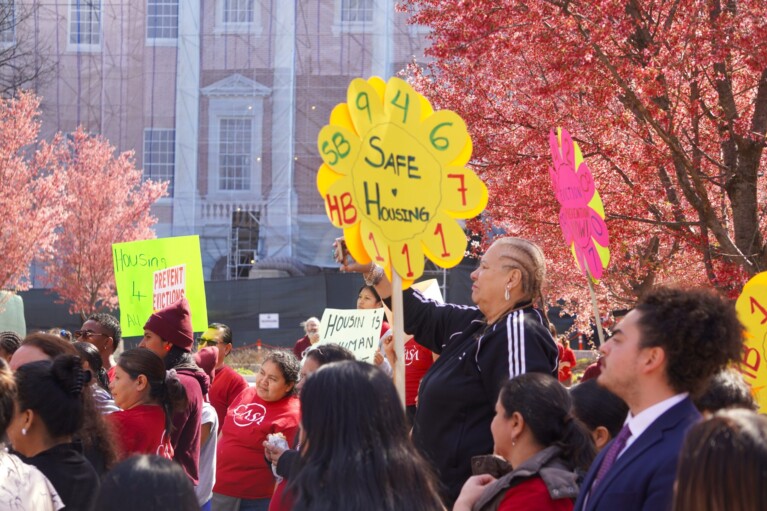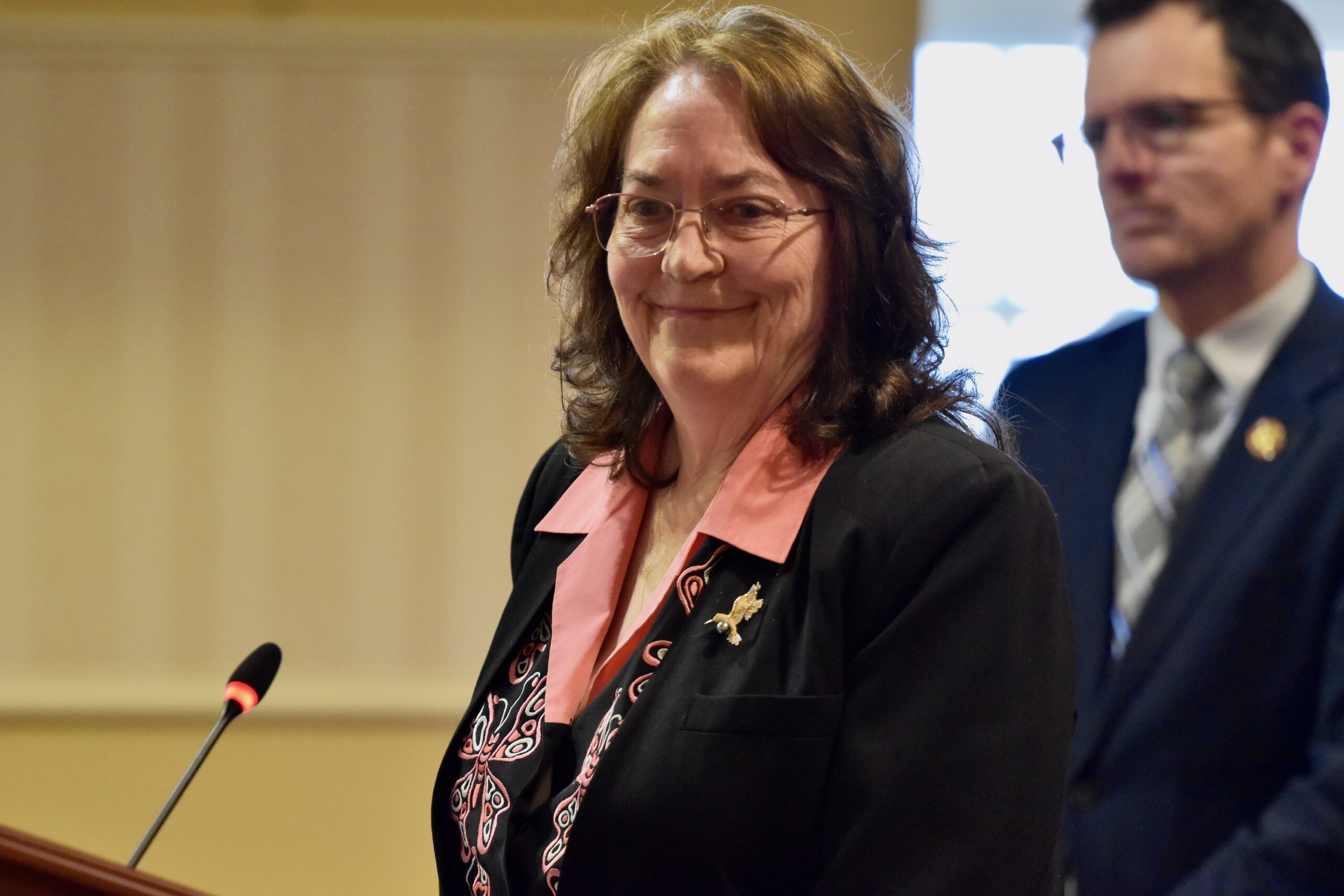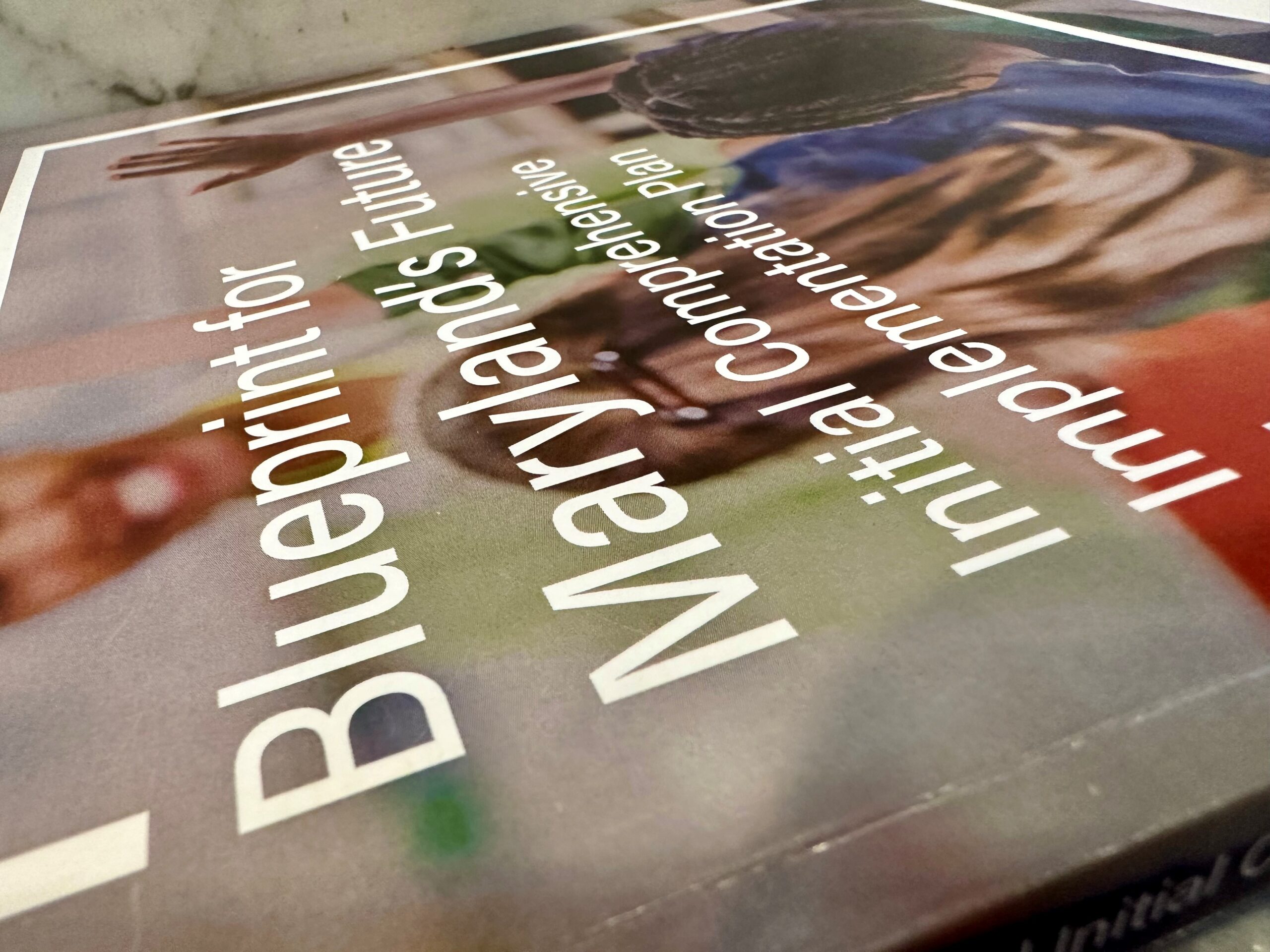
As Maryland policymakers attempt to combat political corruption, a Senate committee Wednesday considered legislation that would expand the state’s definition of a public official and theoretically make it easier for the state prosecutor’s office to initiate investigations.
Senate Bill 200, proposed by the Office of the State Prosecutor (OSP), would potentially put more public officials under scrutiny for corruption investigations and would broaden the prosecutor’s authority.
“We believe that recent events have shown that these adjustments are important,” Charlton Howard III, who recently took over as state prosecutor, told the Senate Judicial Proceedings Committee.
The OSP, a small agency created in the 1970’s, was set up to investigate and prosecute corruption cases in state and local government and politics that do not rise to the level of federal crimes. The office investigates election law and campaign finance violations, ethics infractions, misconduct in office, and violations of state bribery laws, among other things.
Recent OSP actions include securing a guilty plea from a former police chief who sent misleading information to state authorities about an officer he planned to hire; an indictment of former Baltimore mayor Catherine E. Pugh (D) on perjury charges; the conviction of then-District Heights mayor Eddie Martin for misconduct in office; and a guilty plea from a Baltimore City school official for stealing school district funds.
This bill introduced on behalf of OSP would expand the meaning of “public official” to include all those defined as such under the Maryland Public Ethics Law — essentially, anyone who must file annual financial disclosure forms with the State Ethics Commission.
The bill would also create a new statute to mandate 10-year sentences for certain acts of official wrongdoing, and perhaps most significantly, would lift a two-year statute of limitations on the OSP’s ability to investigate allegations of public corruption.
“Currently, the two-year limitation is not effective,” said Caroline County State’s Attorney Joseph Riley (R), testifying in support of the legislation. He added that the proposed measures would “allow for effective and timely prosecutions.”
Some senators questioned whether the proposals went too far and would enable the OSP to launch investigations of infractions it currently does not have jurisdiction over. Howard sought to provide assurances that his office was not looking to expand the scope of its activities.
“I’m not trying to expand into drug enforcement or any other critical areas,” he said.
Senator William C. Smith Jr. (D-Montgomery), the chairman of judicial proceedings said he had received a written testimony from the Maryland chapter of the American Civil Liberties Union, expressing opposition to lifting the statute of limitations for corruption investigations.
Sen. Justin Ready (R-Carroll) said he worried that using the State Ethics Commission’s definition of what constitutes a public official in Maryland could have “a chilling effect” on people who are otherwise willing to serve on state boards and commissions.
Bruce C. Bereano, one of the top-earning lobbyists in Annapolis, was the only person to publicly testify against the legislation. While he said the bill had admirable qualities, he also warned against using the ethics commission’s definition of public officials.
“There are tremendous unintended consequences with this bill,” Bereano said.
The veteran lobbyist said the legislation as proposed targeted “regular citizens who want to help the state.”
“These poor citizens are going to give their voluntary time to the state of Maryland, and now they’re under the jurisdiction of the state prosecutor?” Bereano asked.
“This needs to be tightened dramatically, rewritten…Just make a list of who you want to include.”




 Creative Commons Attribution
Creative Commons Attribution